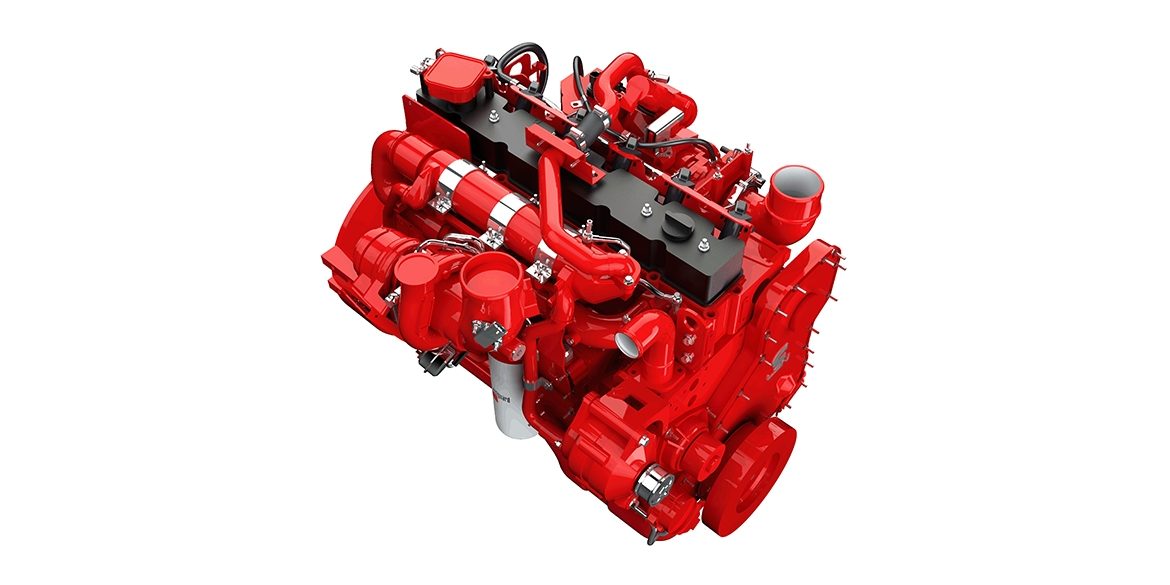Cummins Darlington Engine Plant has celebrated the production of its first L9N engine, the first natural gas engine manufactured at the UK plant in its 58-year history.
Produced alongside 72,000 diesel engines a year in Darlington, the 8.9 liter L9N (280 – 320hp) combines an ultra-low emissions profile for CO₂, NOx and particulate matter, with diesel-like performance and reliability. The L9N can operate on CNG or LNG, as well as renewable natural gas, which significantly reduces well-to-wheels carbon emissions.
“Cummins’ natural gas engines are a practical, readily available technology for customers seeking quiet, fuel efficient, ultra-low emissions power for urban transportation. Producing these engines locally for our European truck and bus OEM customers improves logistics and responsiveness as well as the all-round sustainability of this business,” said Ashley Watton, Director, Bus Business Europe at Cummins.
Designed to meet Euro VI Phase E emissions regulations, the L9N is in high demand from the European bus market, particularly in cities with low emission zones. It is currently helping to transport passengers on city bus routes throughout Azerbaijan, Estonia, Poland, Spain, and Turkey.
Cummins transferred production of the L9N from its Rocky Mount Engine Plant in North Carolina, USA, to provide its Europe-based L9N customers with in-region supply. This has reduced supply chain complexity and supports more sustainable operations by shortening shipping distances and times. The move was completed in just six months and saw a significant investment in the Darlington plant.
The L9N shares many components and parts with Cummins L Series diesel engines, inheriting not only their renowned simplicity but also allowing Cummins to build it on the same assembly line as its diesel engines.
“Cummins global manufacturing network means we build engines where our customers need them. Bringing L9N production to our Darlington Engine Plant will ensure we continue to deliver a high level of service to our key customers at a time of increased demand for our products, particularly in Europe. This is enormously positive for the plant, our people, and our local economy.” Watton continued.
Cummins is leveraging its experience in producing natural gas engines for other spark-ignited technologies including hydrogen internal combustion engines, which use zero-carbon hydrogen fuel.
Source: Cummins







